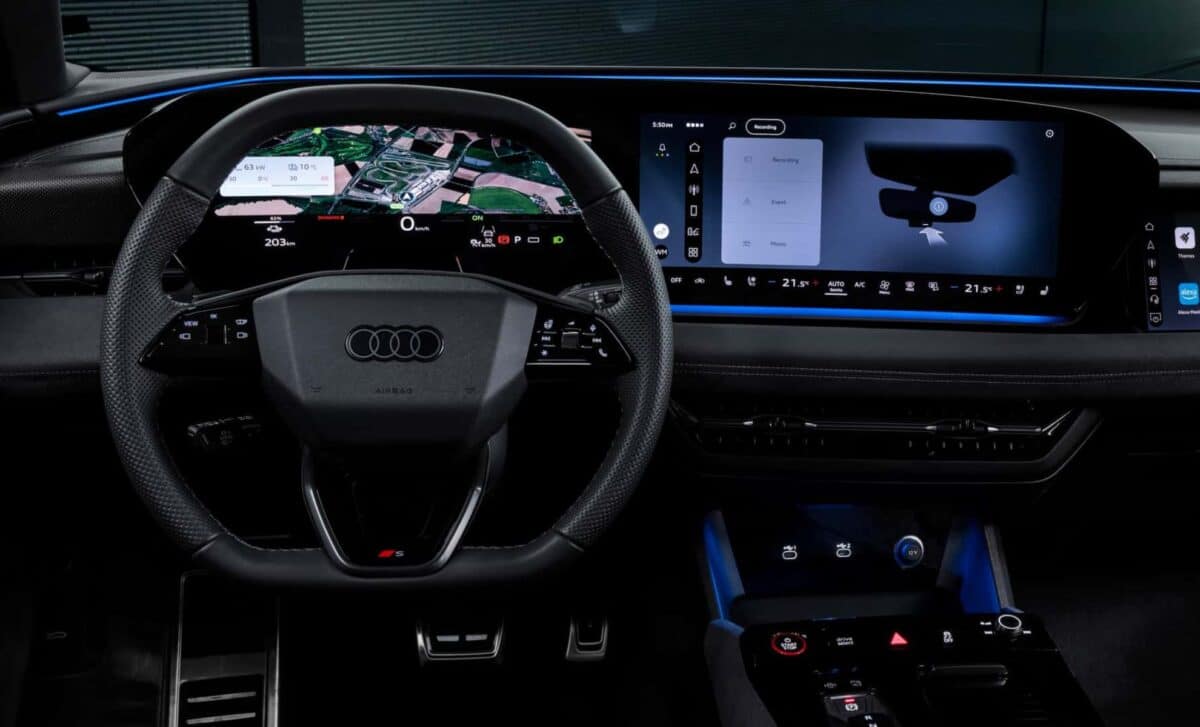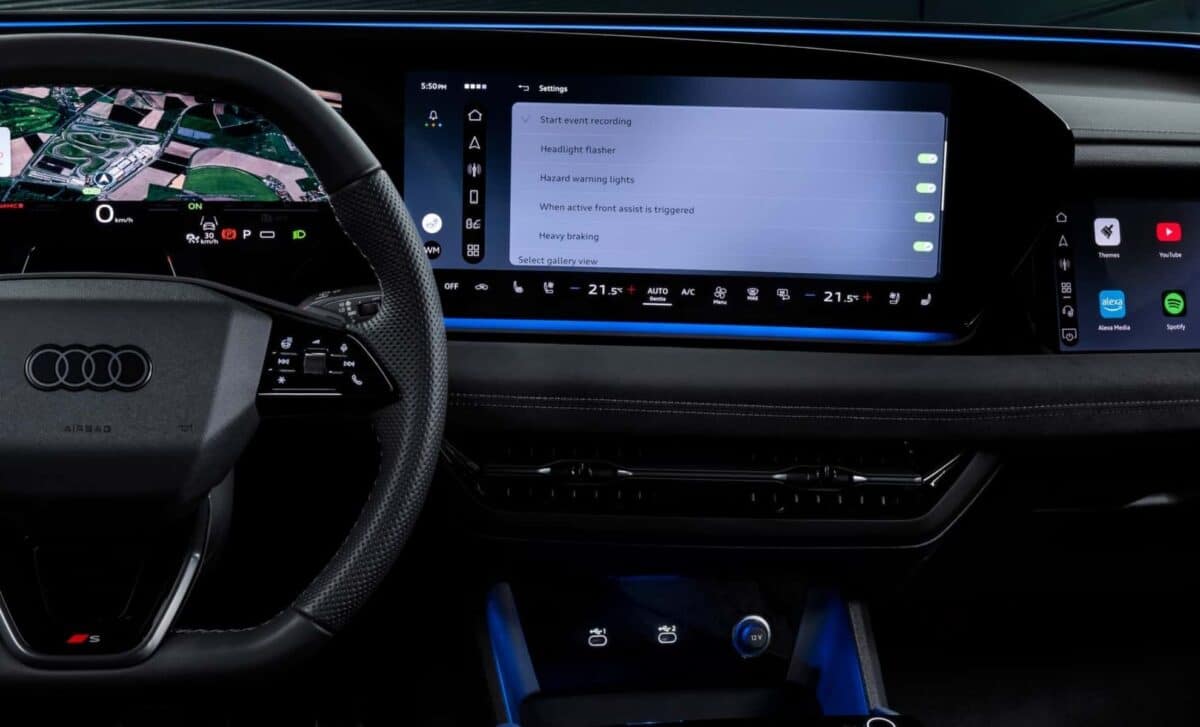The automaker is removing touch sliders from the steering wheels of five models, replacing them with physical rollers to adjust volume and navigate menus.
The decision follows growing frustration from customers who felt that the touch-sensitive sliders, introduced in recent Audi models, were not as intuitive as traditional physical buttons and knobs. The move is a direct response to customer feedback requesting more tactile, reliable controls. While Audi has long embraced sleek digital interfaces, this return to analog solutions suggests a shift in how the company views the balance between innovation and user comfort.
The Return of Physical Controls
In a major move to respond to customer dissatisfaction, Audi is replacing the touch sliders on the steering wheels of several models with traditional physical rollers. These updates affect the A5, Q5, A6, A6 e-tron, and Q6 e-tron—vehicles that are still relatively new.
The switch is a surprising one, given that these cars are among Audi’s latest releases, with the A6 debuting just a few months ago. Audi spokesperson Michael Crusius emphasized that this change comes directly from customer feedback, noting that many drivers found the touch sliders difficult to use in comparison to physical controls, reports Motor1.

Interior Quality and Customer Expectations
While Audi has long prided itself on cutting-edge interiors, the company has also faced criticism in recent years for a perceived decline in interior quality. During a conversation with Motor1 Germany, Audi acknowledged that its interiors had suffered as the company focused more on technology and cost-cutting.
Oscar da Silva Martins, Audi‘s Head of Product and Technology Communication, confirmed that the brand would be revisiting its approach to interior design and quality. “We have certainly been better in terms of quality in the past, but we will get there again,” he said, highlighting a renewed commitment to premium materials and more user-friendly designs.

The Bigger Picture: Audi’s Shift Toward Ergonomics
Audi’s response to customer complaints is not just about the return of physical buttons; it’s part of a broader plan to enhance the brand’s interior design. Audi’s Concept C, a forthcoming electric sports car, showcases the company’s new focus on ergonomic interiors.
The concept car will feature anodized aluminum physical controls and the tactile “Audi click” that many customers have missed in recent models. While this vehicle won’t be available until later in the decade, Audi’s efforts to improve interiors are already underway, with the introduction of physical rollers in its current lineup.









